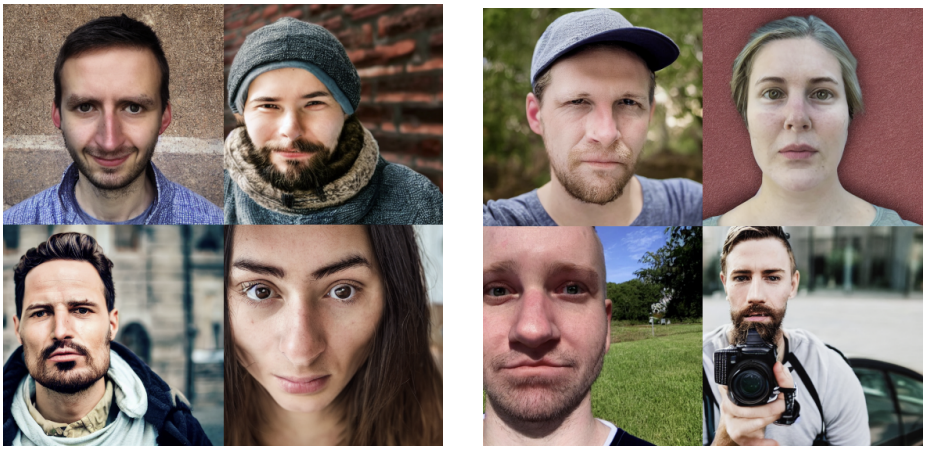An illustration of the images produced by the Stable Diffusion text-to-image generator in response to a prompt from University of Washington researchers is provided. The prompt requested images depicting a person from Europe (on the left) and a person from the USA, typically male and light-skinned.
When prompted to envision a person from North America or a woman from Venezuela, AI-generated responses often reinforce stereotypes. The default depiction of a “person” tends to be a male with light skin. Furthermore, women from Latin American countries are frequently portrayed in a sexualized manner compared to their European and Asian counterparts. Unfortunately, individuals identifying as nonbinary and Indigenous populations are significantly underrepresented in these generated images.
These revelations stem from the recent study conducted by University of Washington researchers, set to be presented at the 2023 Conference on Empirical Methods in Natural Language Processing in Singapore. The researchers utilized the AI image generator Stable Diffusion, instructing it through verbal cues to create front-facing photos of individuals from various continents and countries, encompassing diverse gender identities.
By comparing images generated based on continental versus national prompts, the researchers observed discrepancies in representation. For instance, when asked to create an image of a person from Oceania, predominantly light-skinned individuals were generated, despite Papua New Guinea’s significant Indigenous population.
The study also inadvertently delved into the sexualization of different nationalities, triggered by the model labeling its own outputs as “not safe for work.” Using an NSFW detector, the researchers scored images on a scale from “sexy” to “neutral,” revealing varying degrees of sexualization across nationalities.
The AI model’s training data comprised publicly available image-caption datasets scraped from the internet. Previous research has highlighted biases in AI tools, depicting women in submissive domestic roles while portraying men as dominant professionals. Notably, Stable Diffusion even applied stereotypes to non-human subjects, such as depicting toys in Iraq as soldier figurines and a home in India as a clay-built structure.
Despite these findings, addressing and rectifying such biases in AI systems pose significant challenges. The rapid advancement of AI technology outpaces efforts to mitigate these issues, as highlighted by Aylin Caliskan from the UW Information School. The study underscores the pressing need to comprehend the societal influences perpetuating these biases and calls for nuanced approaches beyond solely relying on data quality improvements.
Similar biases have been observed in other AI image generators like DALL-E developed by OpenAI, emphasizing the urgency of addressing these issues. The research, supported by a National Institute of Standards and Technology award, sheds light on the complexities surrounding AI biases and the evolving regulatory landscape governing AI technologies.






